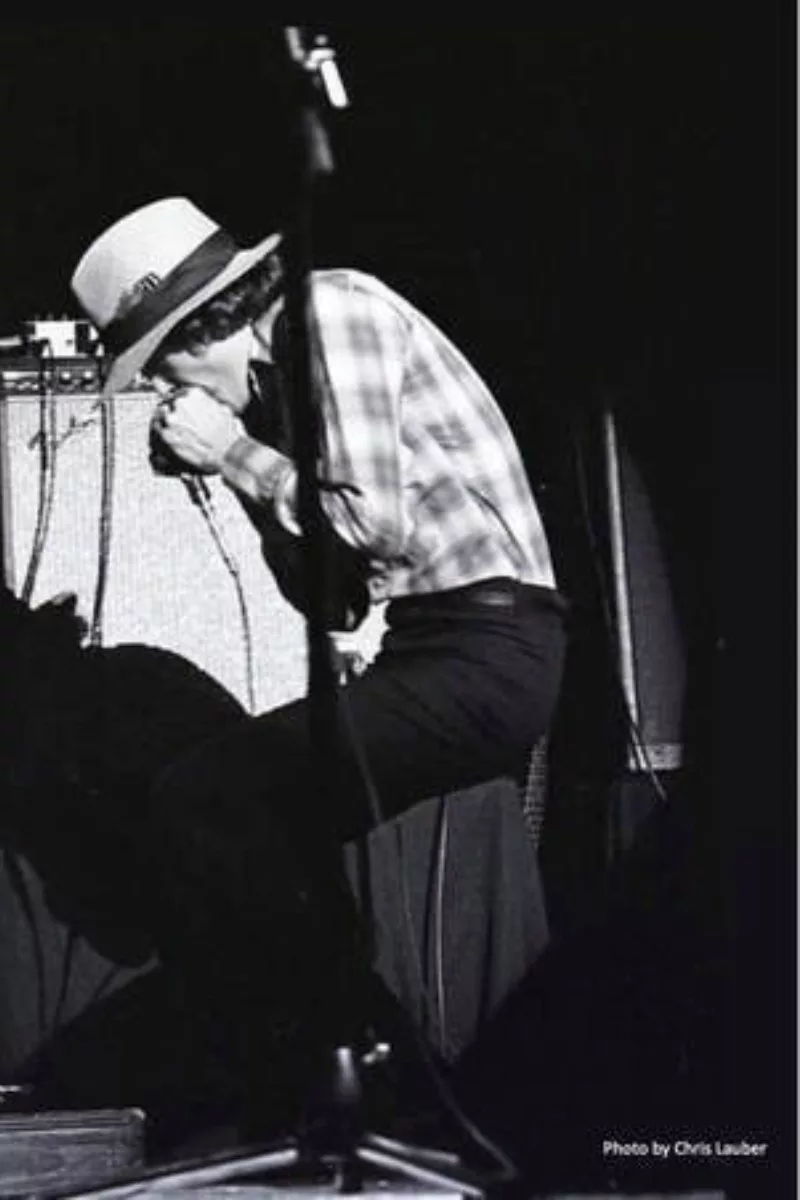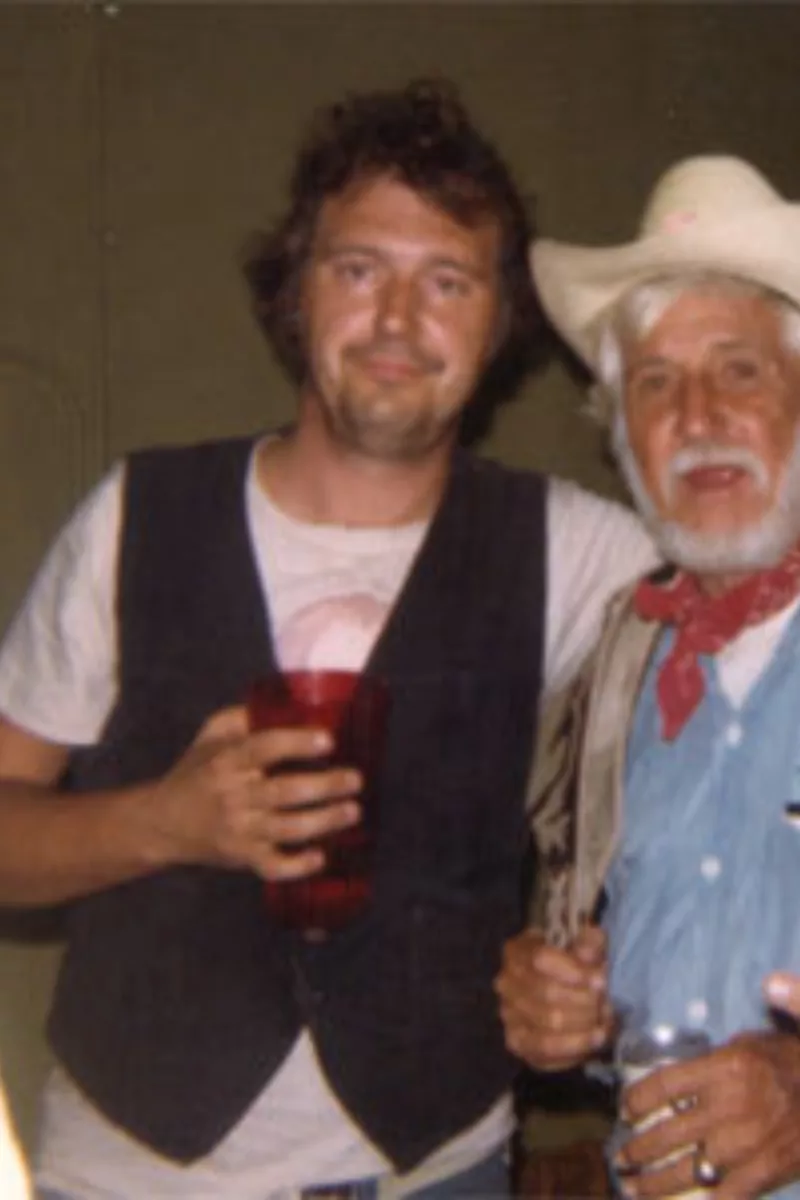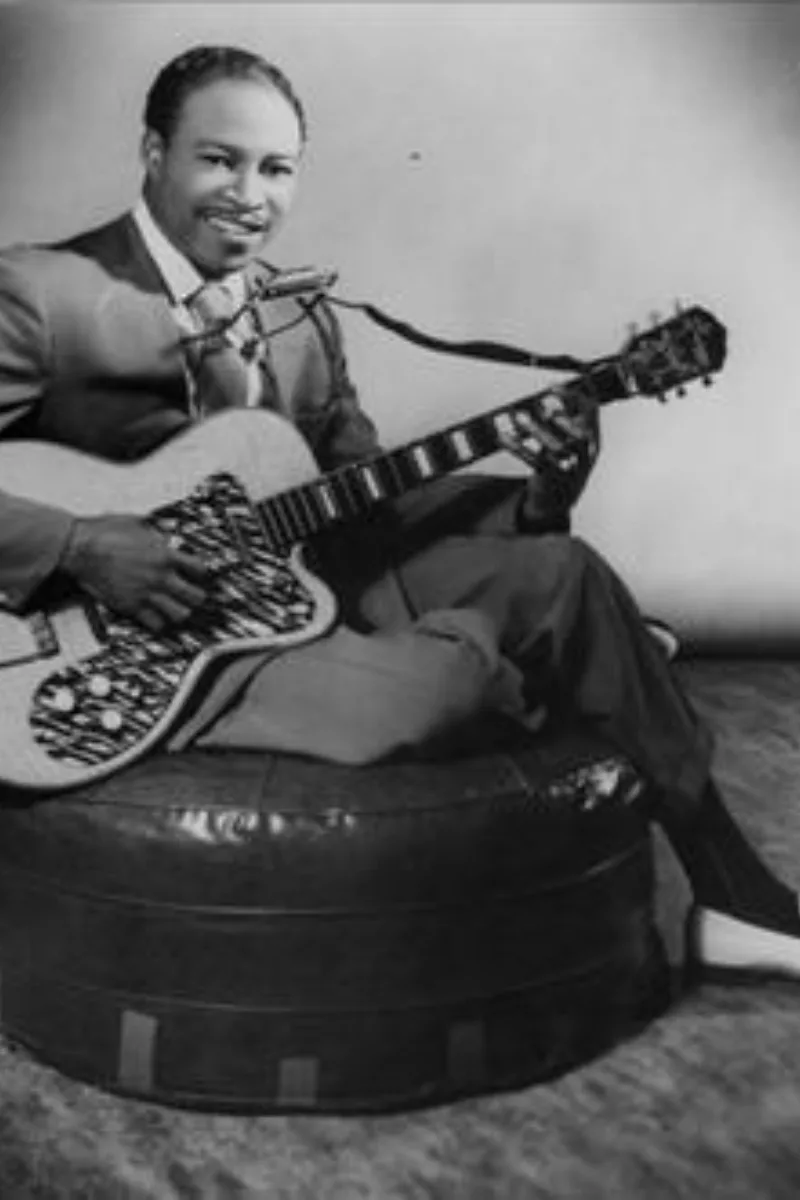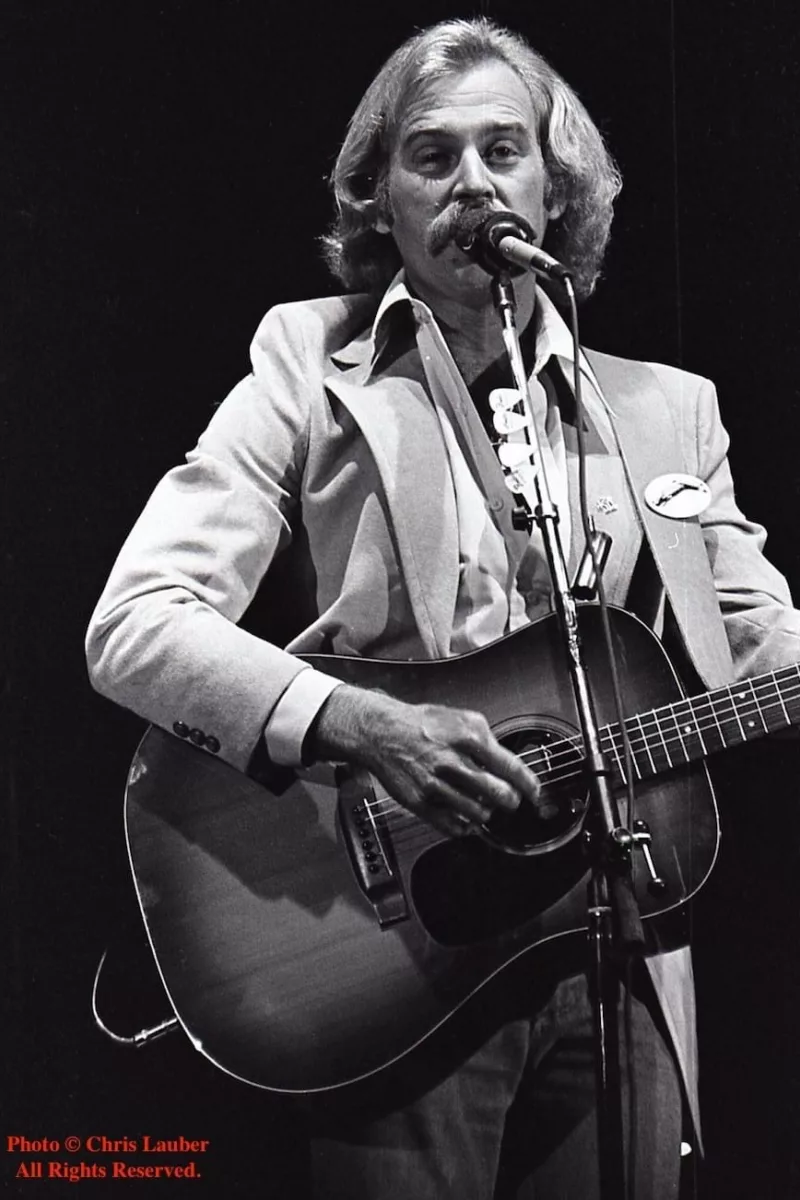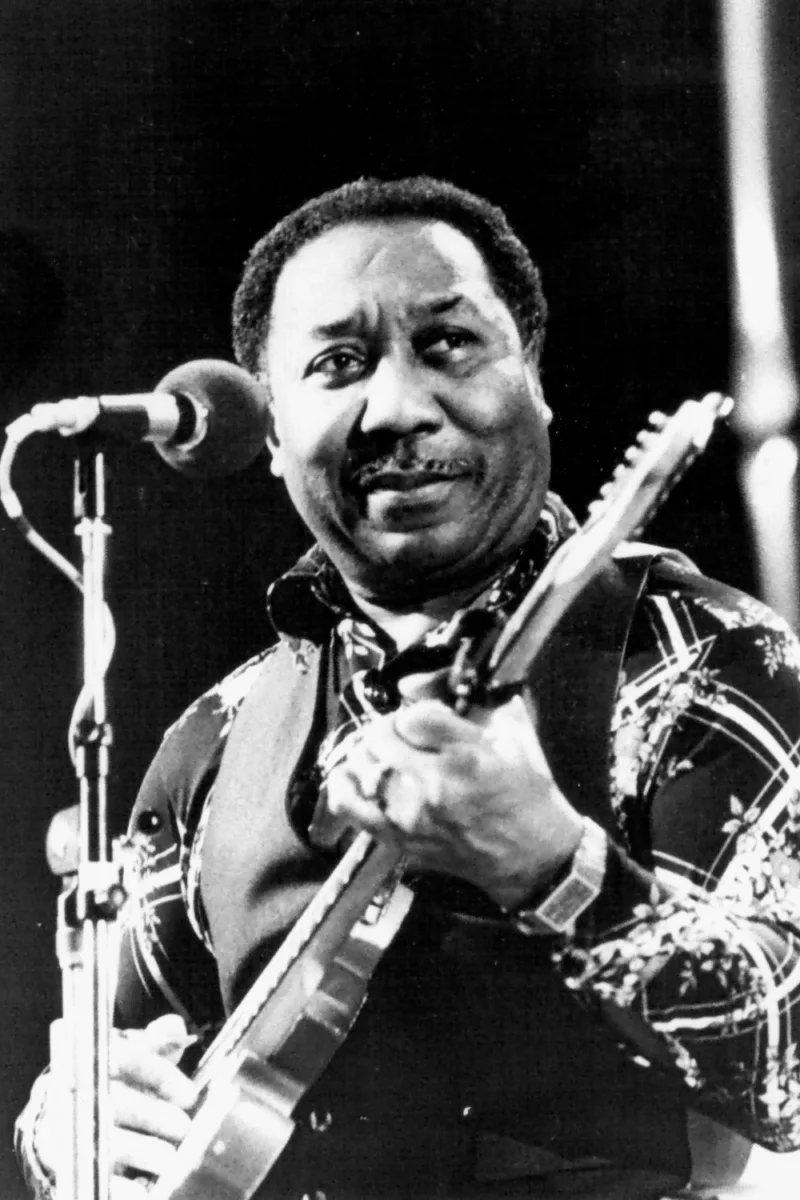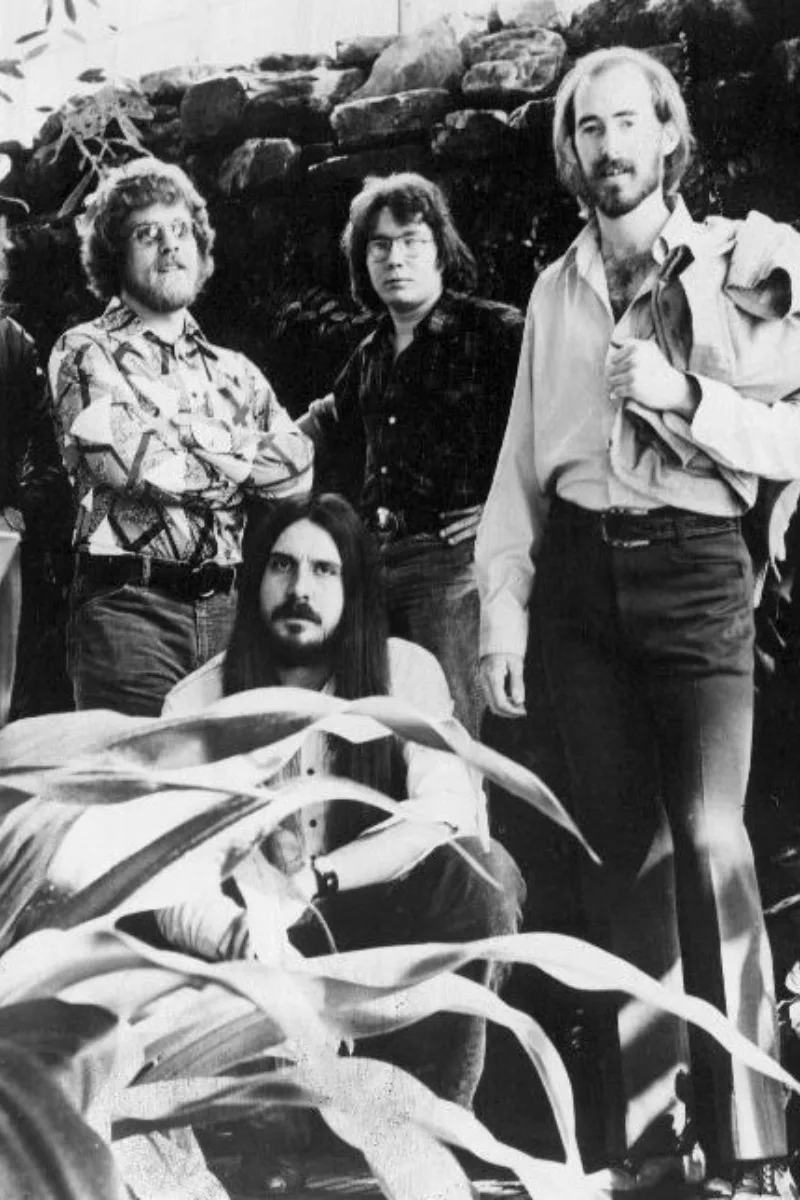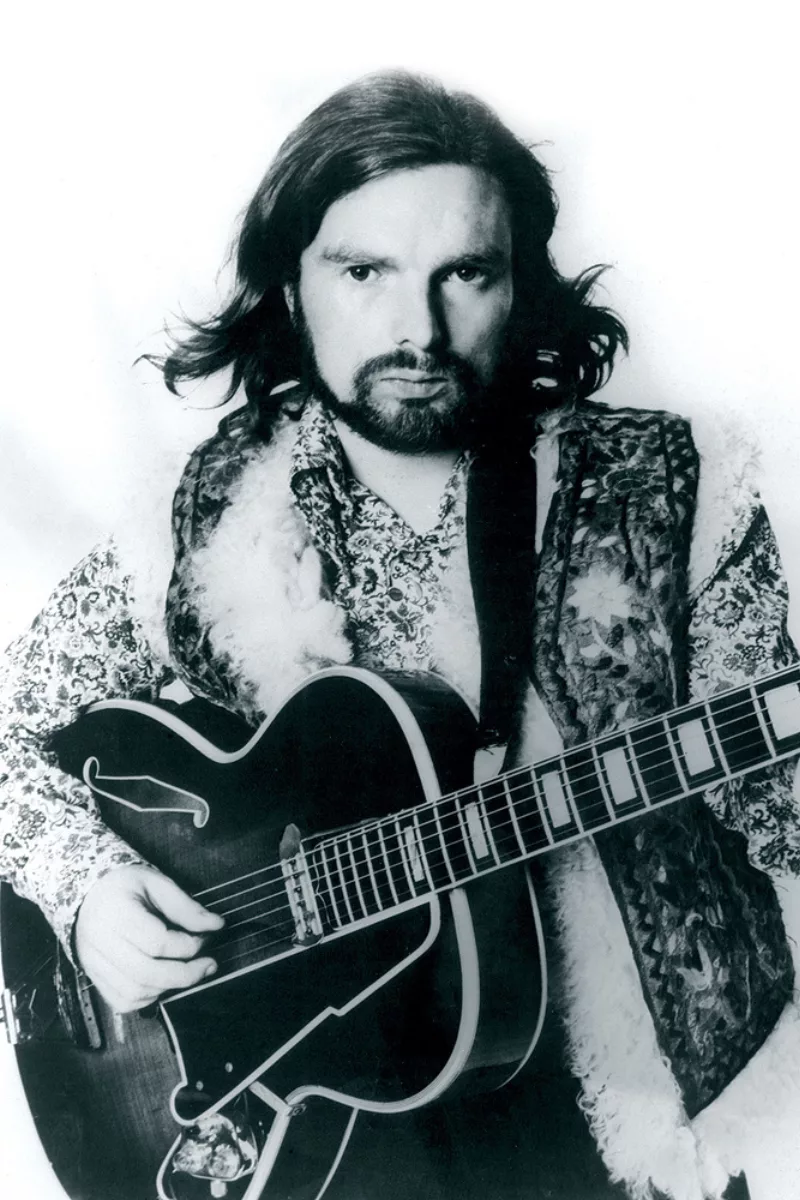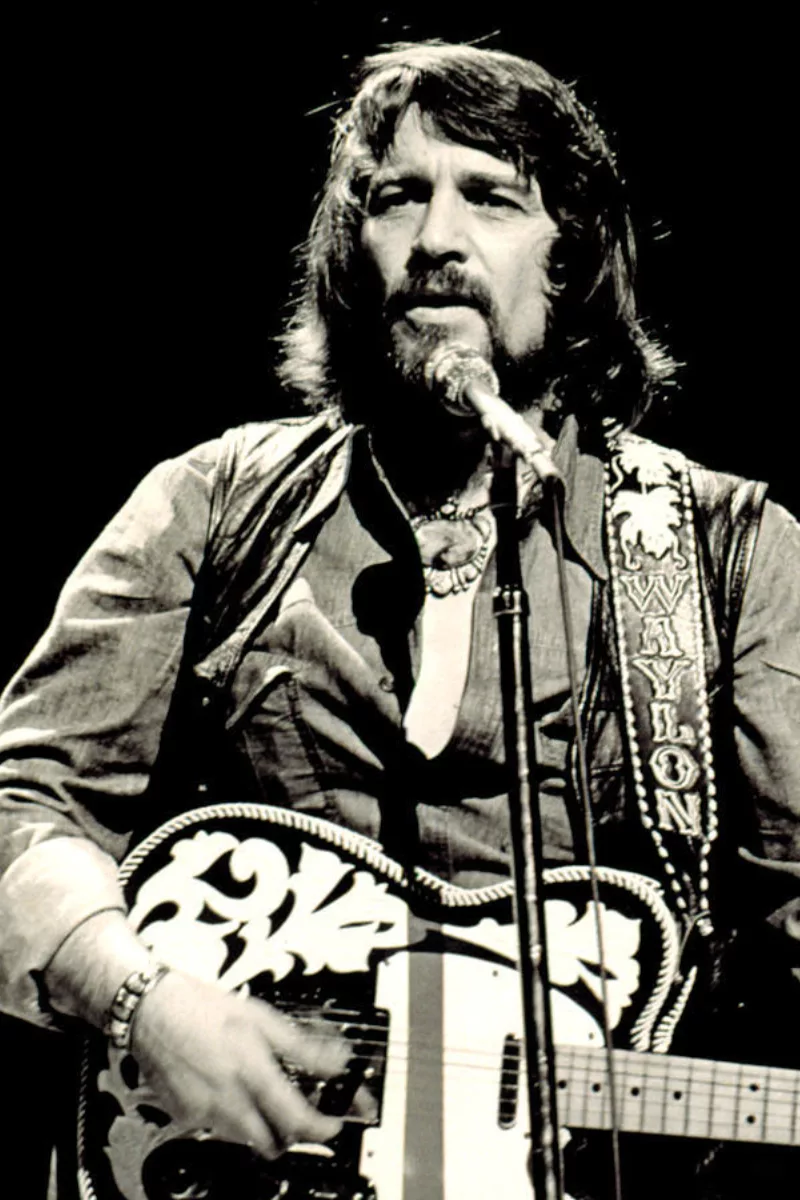Music has the remarkable power to convey emotions, tell stories, and connect people across time and space. In the realm of singer-songwriters, Jesse Winchester stands as a notable figure whose artistry has left an indelible mark on the world of music. Through his distinctive voice, poetic lyrics, and soul-stirring melodies, Winchester has woven a musical tapestry that reflects his unique experiences and perspectives. This essay explores the life, career, and impact of the talented singer and songwriter, Jesse Winchester.
Jesse Winchester was born on May 17, 1944, in Bossier City, Louisiana. His childhood was rooted in the American South, surrounded by the rich musical heritage of the region. The son of a serviceman, Winchester's early life was marked by frequent relocations due to his father's military assignments. This upbringing exposed him to a variety of cultures and musical influences, which would later contribute to the diversity of his songwriting.
Winchester's journey in music took a significant turn when he moved to Canada to avoid the military draft during the Vietnam War. Settling in Montreal, he began performing in local venues and honing his craft as a singer-songwriter. His musical style defied easy classification, blending elements of folk, country, rock, and blues into a seamless and captivating whole.
In 1970, Winchester released his eponymous debut album, Jesse Winchester, which included standout tracks like "Yankee Lady" and "Brand New Tennessee Waltz." His songwriting prowess was immediately evident, as his lyrics delved into themes of love, longing, and the complexities of human emotions. Winchester's warm and mellow voice, accompanied by his skillful guitar playing, served as the perfect vehicle to convey these emotions to his listeners.
One of Winchester's most famous songs, "The Brand New Tennessee Waltz," was notably covered by Joan Baez and Elvis Costello, among others. His ability to craft songs that resonated with both listeners and fellow musicians solidified his place in the pantheon of esteemed singer-songwriters.
Throughout his career, Jesse Winchester continued to evolve musically. He released a series of albums that showcased his growth as a songwriter and his willingness to experiment with different genres. His albums Third Down, 110 to Go (1972), Learn to Love It (1974), and Let the Rough Side Drag (1976) displayed his versatility as he explored various themes and musical styles.
After the amnesty granted to draft evaders in the late 1970s, Jesse Winchester returned to the United States. His reconnection with his Southern roots became evident in his subsequent albums, where he explored themes of home, family, and the passage of time. His 2007 album Love Filling Station was a testament to his enduring songwriting skills, garnering critical acclaim for its heartfelt and reflective compositions.
Jesse Winchester's influence extends beyond his discography. His ability to blend genres, craft evocative lyrics, and deliver soulful performances has inspired countless artists across generations. His legacy is also marked by his commitment to social and political causes, often using his music to address important issues.
Tragically, Jesse Winchester passed away on April 11, 2014, after a battle with cancer. However, his musical legacy continues to thrive, with his songs being covered by renowned artists and his albums remaining cherished by fans.
Jesse Winchester's journey as a singer and songwriter embodies the power of music to transcend boundaries and touch the hearts of people around the world. His ability to weave stories, emotions, and melodies into songs has left an enduring impact on the realm of music. Through his artistic endeavors, Winchester has shown that music has the extraordinary ability to bridge gaps, evoke emotions, and create a lasting connection between artist and audience.








